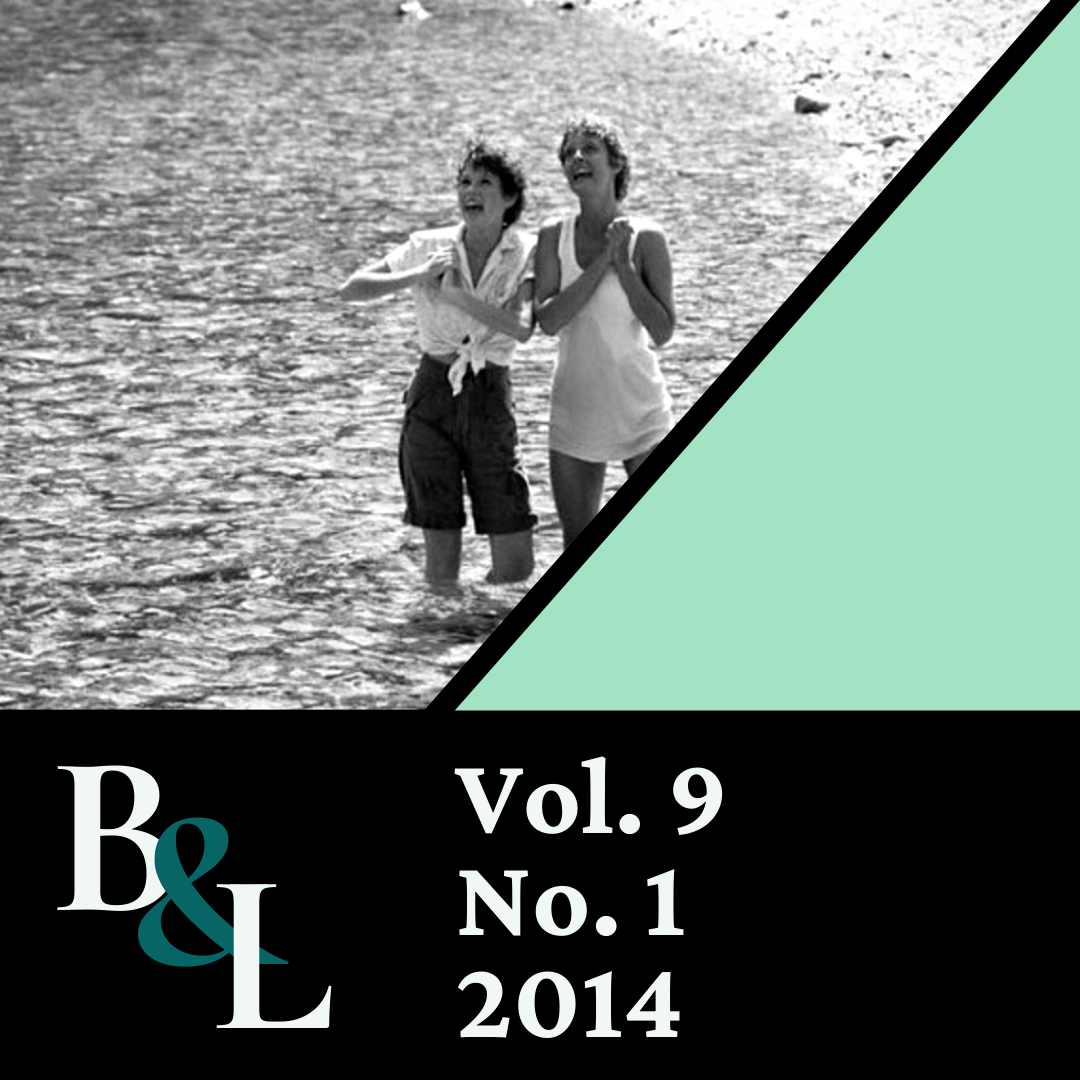"I think nothing, my lord"
Emptiness, Absence, and Abused Innocence in "Ophelia, the Rose of Elsinore"
Keywords:
Hamlet, OpheliaAbstract
Mary Cowden Clarke's cautionary, didactic pre-history of Hamlet's Ophelia uses the character's submissive affect and limited agency to inflict an escalating series of emotional and psychological shocks on her heroine, which she suggests will eventually burst forth as madness. In doing so, Clarke becomes another (perhaps the worst) of Ophelia's abusers, constructing a narrative of foundational, sexualized psychic pain that surpasses the traumas visited on her by Shakespeare, ultimately silencing her "heroine" and reifying her secondary status in the prince of Denmark's tragedy. In the nineteenth century tradition of "bowdlerizing" literature for impressionable young readers, Clarke employs folk and fairy-tale conventions to create a social and cultural landscape in which masculine desire is an omnipresent threat, female desire too dangerous to contemplate, and a young maid's wits as mortal as her virtue. In her zeal to protect the purity of Victorian girlhood, Clarke adopts an abusive relationship to Ophelia that effectively conflates the roles of author and evil stepmother. By evacuating her subject of any internal resources save "innocence" and "obedience," Clarke creates a character who is merely acted upon, denying Ophelia even the agency granted her theatrical prototype, who performs the most powerful, proactive deed of her circumscribed life by ending it.


